Fengdu Ghost City
The ancient settlement attracts tourists from all over looking to learn about the Chinese vision of the afterlife.
High on the Ming Hill, Fengdu, the “City of Ghosts,” is situated at the northern end of the Yangtze River. It attracts tourists from all over and even many visitors from within China as it is the place to learn about Chinese ghost culture and the afterlife. Visitors to the area find that they are moved by the ancient craftsmen, the unique styles of architecture, and the nagging lesson that good is rewarded with good, and evil with evil.
The city has been around for nearly 2,000 years, filling it with a spooky sense of the past. Its origin story begins back in the Han Dynasty (206 BCE-220 CE), when two officials decided to run away to the area and live out their lives, where they eventually, the story goes, became immortal. Yin and Wang, the names of the officials, were combined during a later dynasty to mean “King of the Underworld.”
Most of the popular landmarks in the City of Ghosts have names that reference the afterlife: “Last Glance at Home Tower,” “Nothing-to-be-Done Bridge,” “Ghost Torturing Pass.” Covering the sites are statues and other artistic depictions of ghosts and devils — terrifying works that represent what happens to those who haven’t lived good lives after theirs is taken from them. Less popular, but no less fascinating is the theme park/haunted house made to represent the terrors within the afterlife, complete with neon paint and vendors hawking Scream masks alongside an alleyway.
The giant face seen in the hill is called “The Ghost King,” and it holds a Guinness World Records title as the biggest sculpture carved on a rock. At 138 meters tall and about 217 meters wide, “The Ghost King” can be seen from all around the city.
Know Before You Go
Though accessible via land transport, many travelers visit Fengdu Ghost City while on the Yangtze River Cruise to see the Three Gorges. The Ghost City is within walking distance from the Yangtze River, and makes for a fun side trip. The site is divided into two parts - heaven and hell - and a different ticket is required for each (price is 100 yuan per ticket). A lot of tour groups.


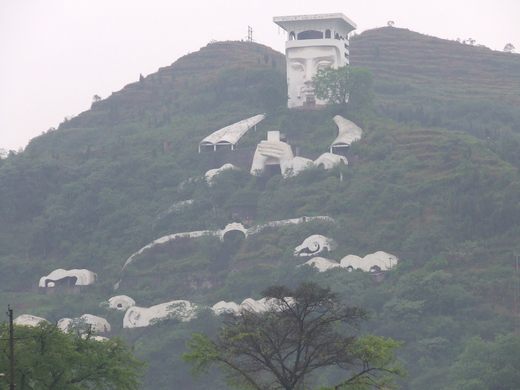
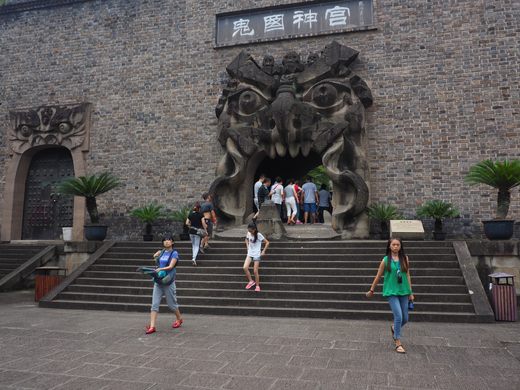
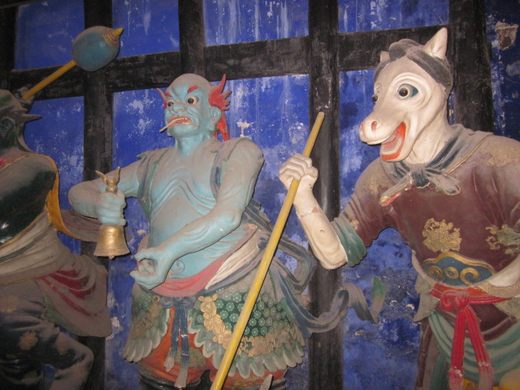
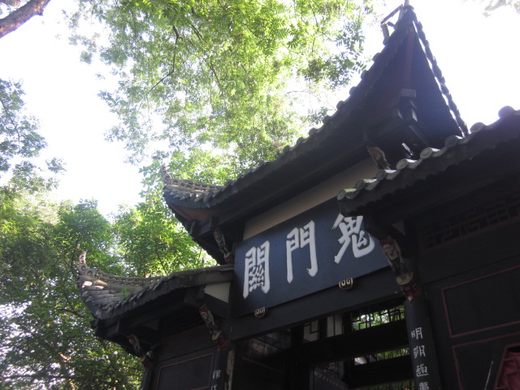
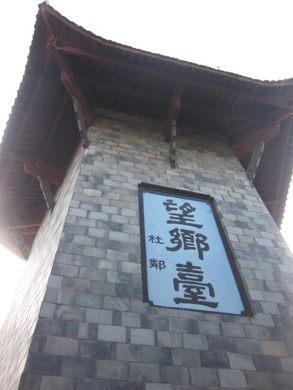
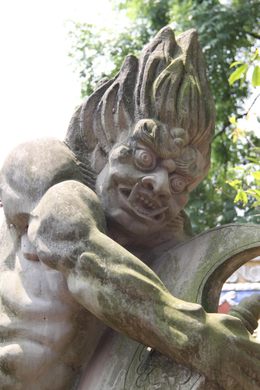
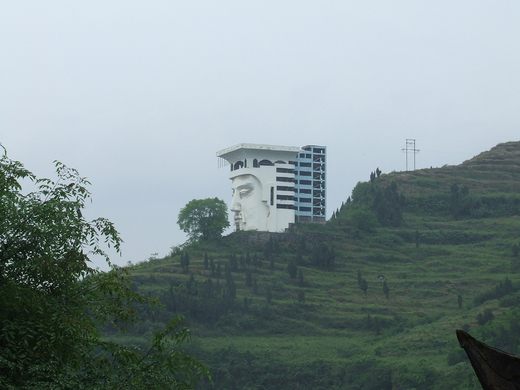
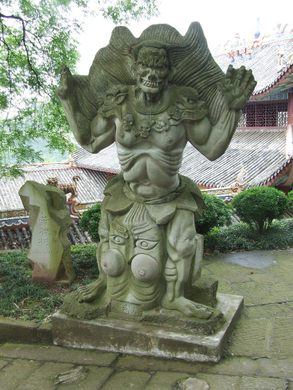
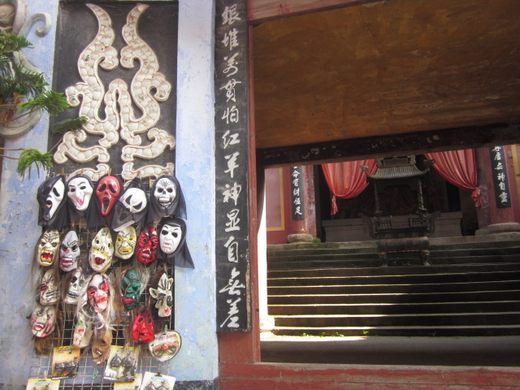







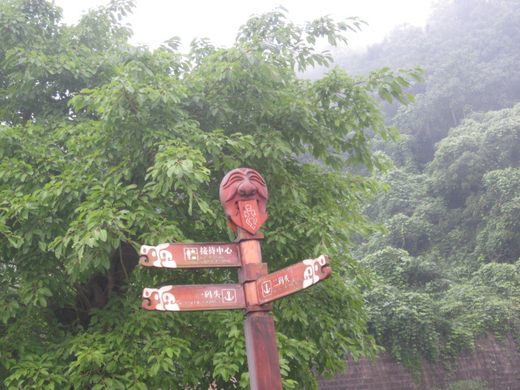

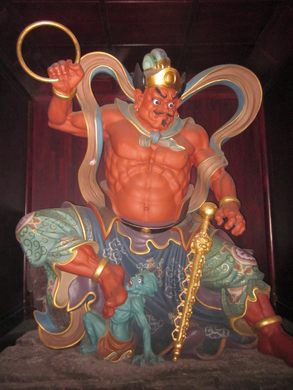
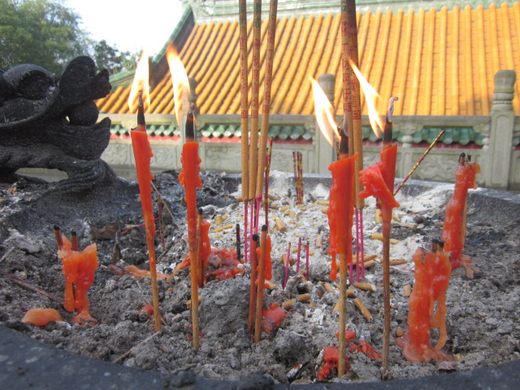










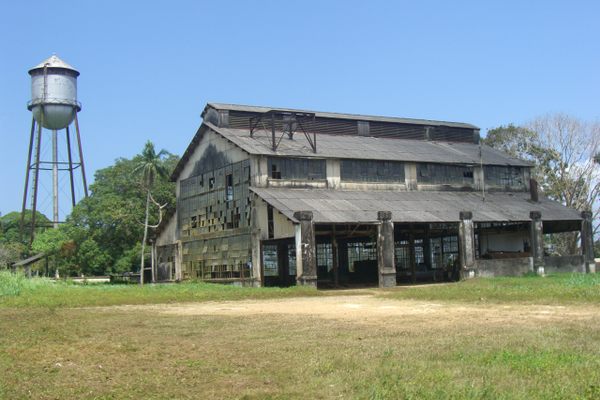


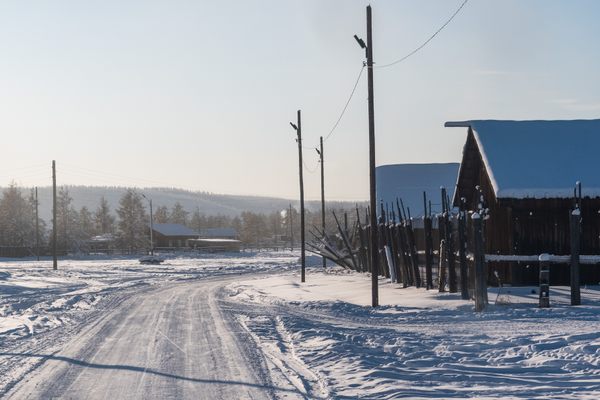

Follow us on Twitter to get the latest on the world's hidden wonders.
Like us on Facebook to get the latest on the world's hidden wonders.
Follow us on Twitter Like us on Facebook